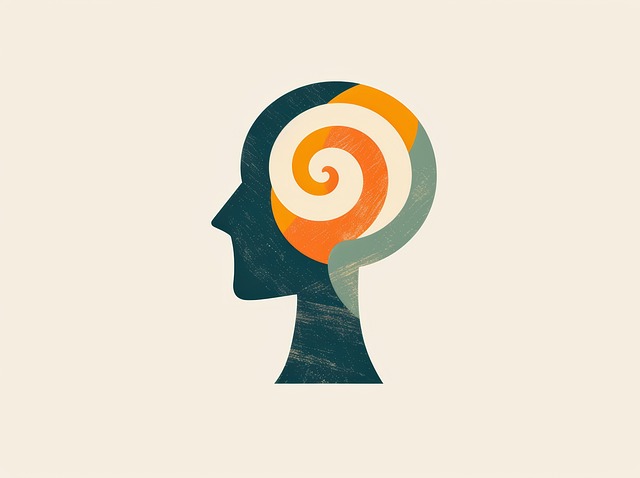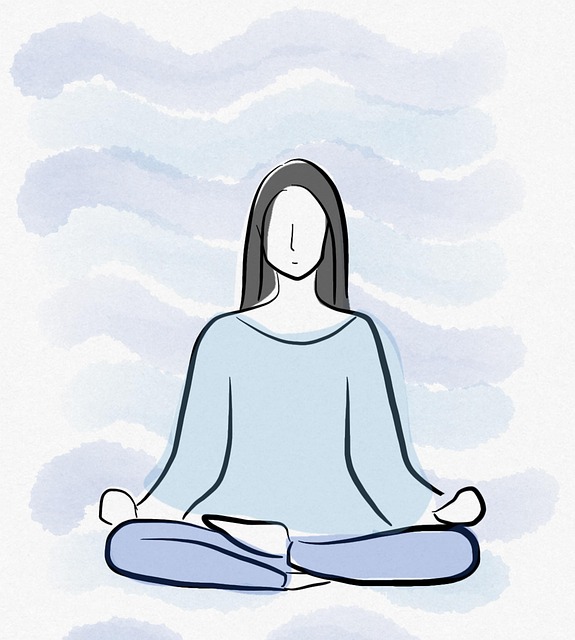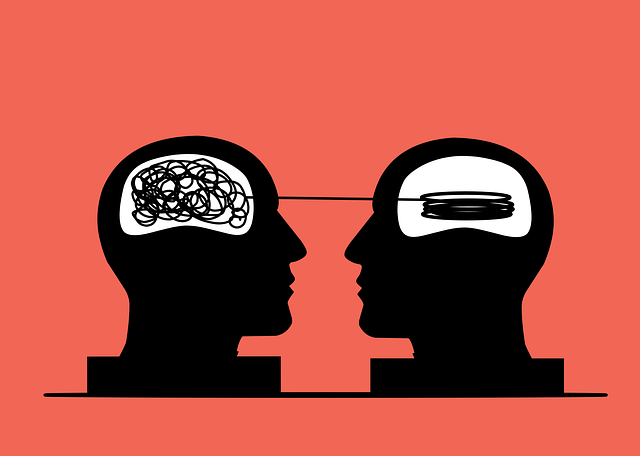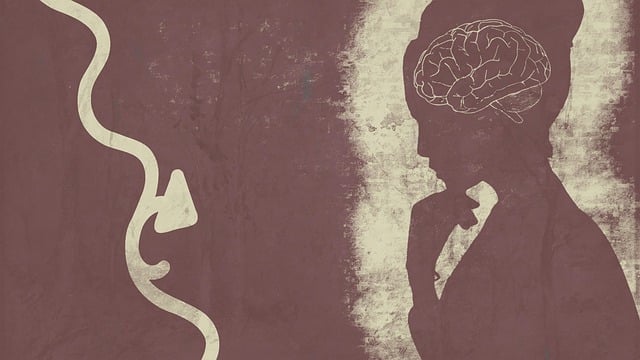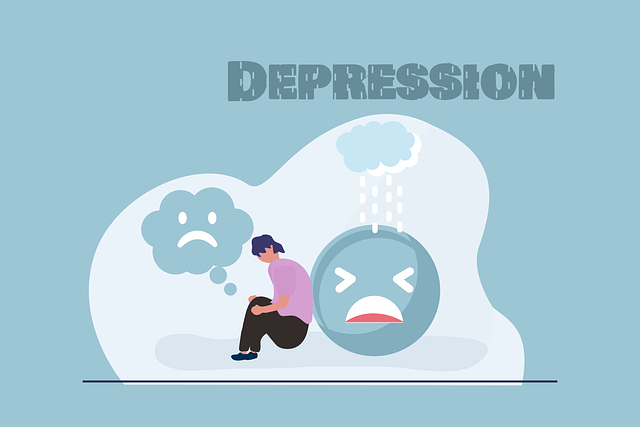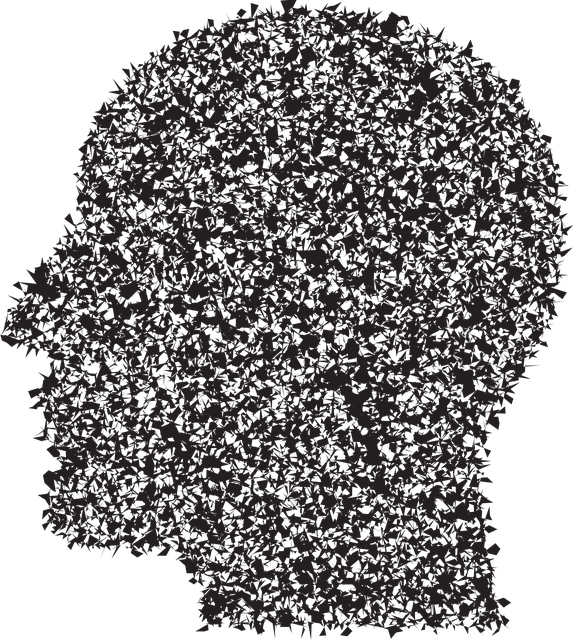Healthcare provider burnout is a pressing issue exacerbating stress, affecting well-being and care quality. Early signs like irritability and fatigue demand attention. Centennial Oppositional Defiance Disorder (COD) therapy offers a novel approach by promoting self-awareness and emotional reflection to combat underlying cognitive patterns. Cultural competency training further enhances job satisfaction by improving understanding of diverse patient populations. A holistic strategy involving mental wellness coaching, self-care practices, conflict resolution techniques, and regular therapy sessions builds resilience, enabling healthcare professionals to handle challenges while maintaining a healthy work-life balance, ultimately improving patient outcomes.
Healthcare provider burnout is a growing concern, impacting not just individuals but the entire healthcare system. This article explores comprehensive strategies to prevent burnout among healthcare professionals, focusing on early recognition and holistic care. We delve into mind-body-spirit well-being practices, offering valuable insights for clinicians seeking long-term resilience. From identifying signs of burnout to implementing sustainable practices, these approaches aim to combat the prevalence of conditions like Centennial Oppositional Defiance Disorder Therapy, fostering healthier work environments.
- Recognizing Burnout in Healthcare Providers: Early Signs and Symptoms
- Holistic Approach to Burnout Prevention: Mind, Body, and Spirit Care
- Implementing Sustainable Practices for Long-Term Resiliency: Strategies for Clinicians
Recognizing Burnout in Healthcare Providers: Early Signs and Symptoms

Burnout is a significant concern within the healthcare industry, affecting providers’ well-being and patient care quality. Recognizing burnout early is crucial to prevent its progression. Healthcare providers often manifest burnout subtly, indicating a need for heightened awareness. Initial signs may include increased irritability, fatigue, and a sense of detachment from work—a subtle shift from their usual enthusiasm. As burnout deepens, more pronounced symptoms emerge, such as cynicism towards patients or colleagues, reduced efficacy in treating patients, and decreased satisfaction with professional life. These early indicators are vital red flags that necessitate intervention.
Centennial Oppositional Defiance Disorder (COD) therapy can be a valuable tool for addressing these underlying issues. By promoting self-awareness exercises, COD therapy encourages providers to reflect on their emotional responses and triggers. Additionally, healthcare provider cultural competency training plays a pivotal role in stress management by fostering an understanding of diverse patient populations, reducing potential workplace tensions, and enhancing overall job satisfaction.
Holistic Approach to Burnout Prevention: Mind, Body, and Spirit Care

In addressing healthcare provider burnout, a holistic approach that nurtures the mind, body, and spirit is essential. This encompasses not just treating symptoms but also fostering overall well-being. Beyond traditional stress management techniques, this can include innovative strategies like Centennial Oppositional Defiance Disorder (CODD) therapy, which targets underlying emotional and cognitive patterns contributing to burnout. By integrating mental wellness coaching programs focused on resilience building and self-awareness exercises, healthcare professionals can develop coping mechanisms that strengthen their ability to handle challenging situations effectively while maintaining a healthy work-life balance.
Implementing Sustainable Practices for Long-Term Resiliency: Strategies for Clinicians

Implementing sustainable practices is crucial for healthcare providers’ long-term resiliency, especially in addressing the growing challenges of burnout and mental health issues like Centennial Oppositional Defiance Disorder (COD) Therapy. Clinicians can foster a culture of resilience by integrating self-care practices into their daily routines. This involves dedicated time for rest, exercise, and mindfulness activities that recharge their emotional energy. Additionally, ongoing training in conflict resolution techniques empowers healthcare professionals to navigate difficult interactions with patients and colleagues constructively, mitigating potential stressors.
Embracing evidence-based Self-Care Practices and Emotional Healing Processes is integral to burnout prevention. Regular therapy sessions, for instance, can provide a safe space for clinicians to process complex emotions, reflect on personal boundaries, and develop coping strategies tailored to their unique experiences. By prioritizing their mental well-being, healthcare providers become better equipped to offer compassionate and effective care, ultimately improving patient outcomes and job satisfaction.
Healthcare provider burnout is a growing concern, but by recognizing early signs and adopting a holistic approach that addresses mind, body, and spirit, it’s possible to foster long-term resilience. Strategies such as sustainable practice implementation, self-care routines, and seeking support from colleagues or therapists like those offering Centennial Oppositional Defiance Disorder Therapy can significantly mitigate burnout risk. Remember, prioritizing well-being is not just beneficial for individual providers—it’s essential for delivering quality patient care in the long run.






